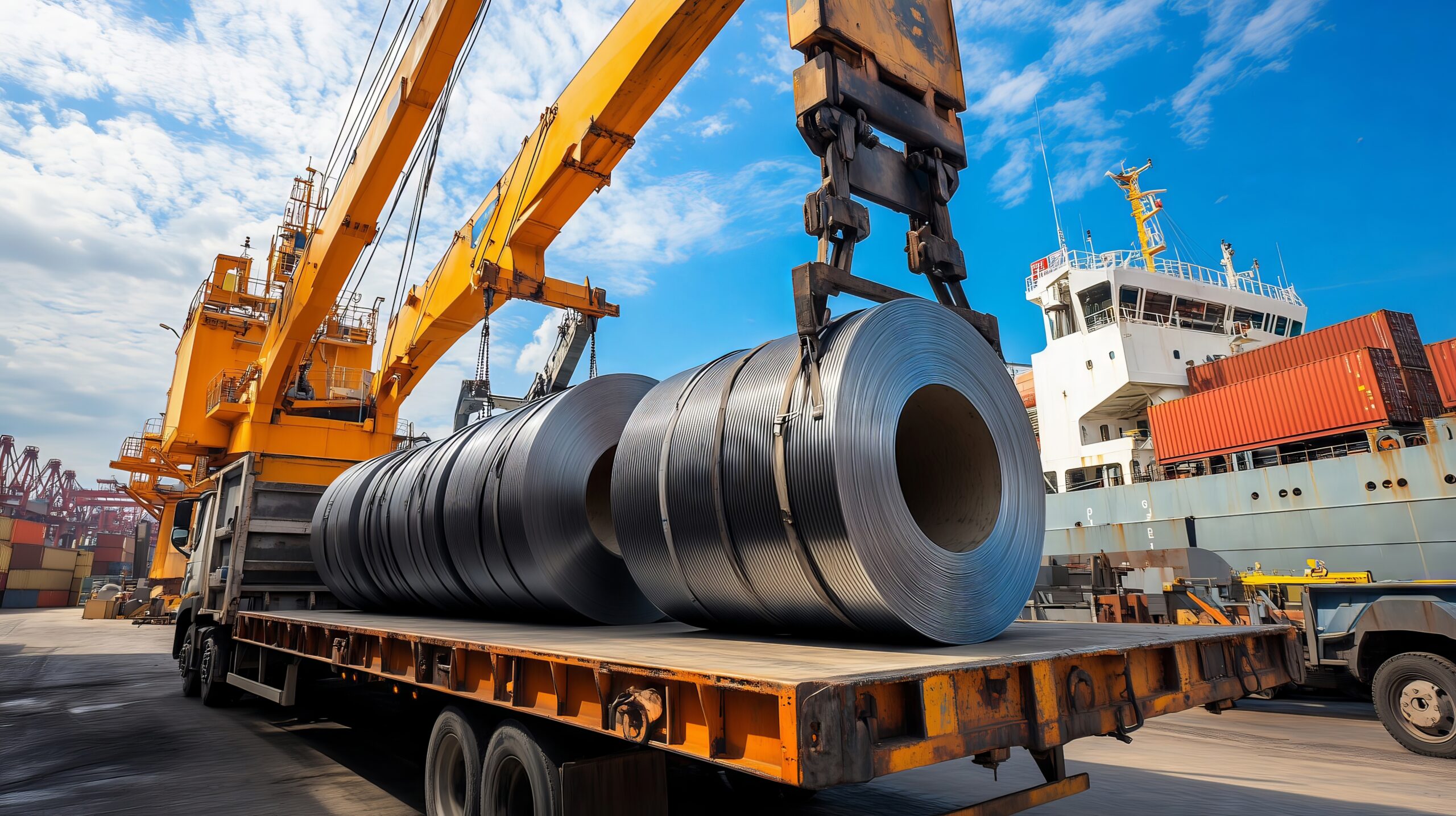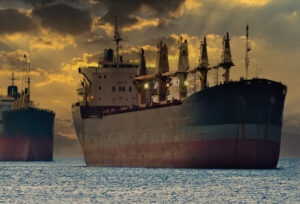President Donald Trump on Monday signed an executive order imposing 25% tariffs on steel and aluminum in a major expansion of existing trade barriers.
“This is an America First policy that will strengthen American manufacturing, protect workers, safeguard our national security, and help MAKE AMERICA RICH AGAIN,” a White House statement said.
The European Commission said Monday it had not received any official notification of the tariffs and will not react to what it described as “broad announcements” without detailed or written explanations.
Trump’s move could trigger economic uncertainty, and the threat of retaliation from Europe. Trump has launched several tariff initiatives since his return to office last month.
“The EU sees no justification for the imposition of tariffs on its exports. We will react to protect the interests of European businesses, workers and consumers from unjustified measures,” the Commission noted.
The Commission believes that that the imposition of tariffs would be “unlawful and economically counterproductive,” especially given the deeply integrated production chains the EU and US established through transatlantic trade and investment.
“Tariffs are essentially taxes. By imposing tariffs, the US would be taxing its own citizens, raising costs for business, and fuelling inflation. Moreover, tariffs heighten economic uncertainty and disrupt the efficiency and integration of global markets,” it added in its statement.
The tariffs are expected to boost US steelmakers by raising domestic demand and selling prices.
However, Trump’s move to impose the 25% tariff mark another major escalation in his trade policy, which has threatened a trade war with multiple countries.
Earlier this month, in a dramatic, last-minute move, the Trump administration agreed to pause tariffs on Canada for a month while the two sides hammer out an agreement on border security and drug trafficking.
Washington and Mexico also reached a last-minute agreement to halt the imposition of tariffs for a period of one month.
A delay in tariffs on Mexico imports does little to ease the pain for US shippers still facing a 10% hike on tariffs from China in addition to massive increases in ocean container freight rates due to conflict in the Red Sea, according to data released by Oslo’s Xeneta, the ocean and air freight intelligence platform.
Peter Sand, Xeneta chief analyst, said: “US Shippers are being hit by wave after wave of disruption and spiralling costs to import goods.
“They have already faced massive increases in ocean container freight costs due to conflict in the Red Sea and now they are hit with a 10% hike in tariffs on imports from China.
“You struggle to see how a business can absorb these costs without increasing prices for the end consumer. Given more than 40% of total containerized imports into the US come direct from China, that is a lot of businesses and a lot of consumers who will be affected.
“A delay in tariffs on Mexico is welcome news but it does nothing to ease concerns over the reigniting of the US-China trade war, which represents risk at an altogether different order of magnitude.”



